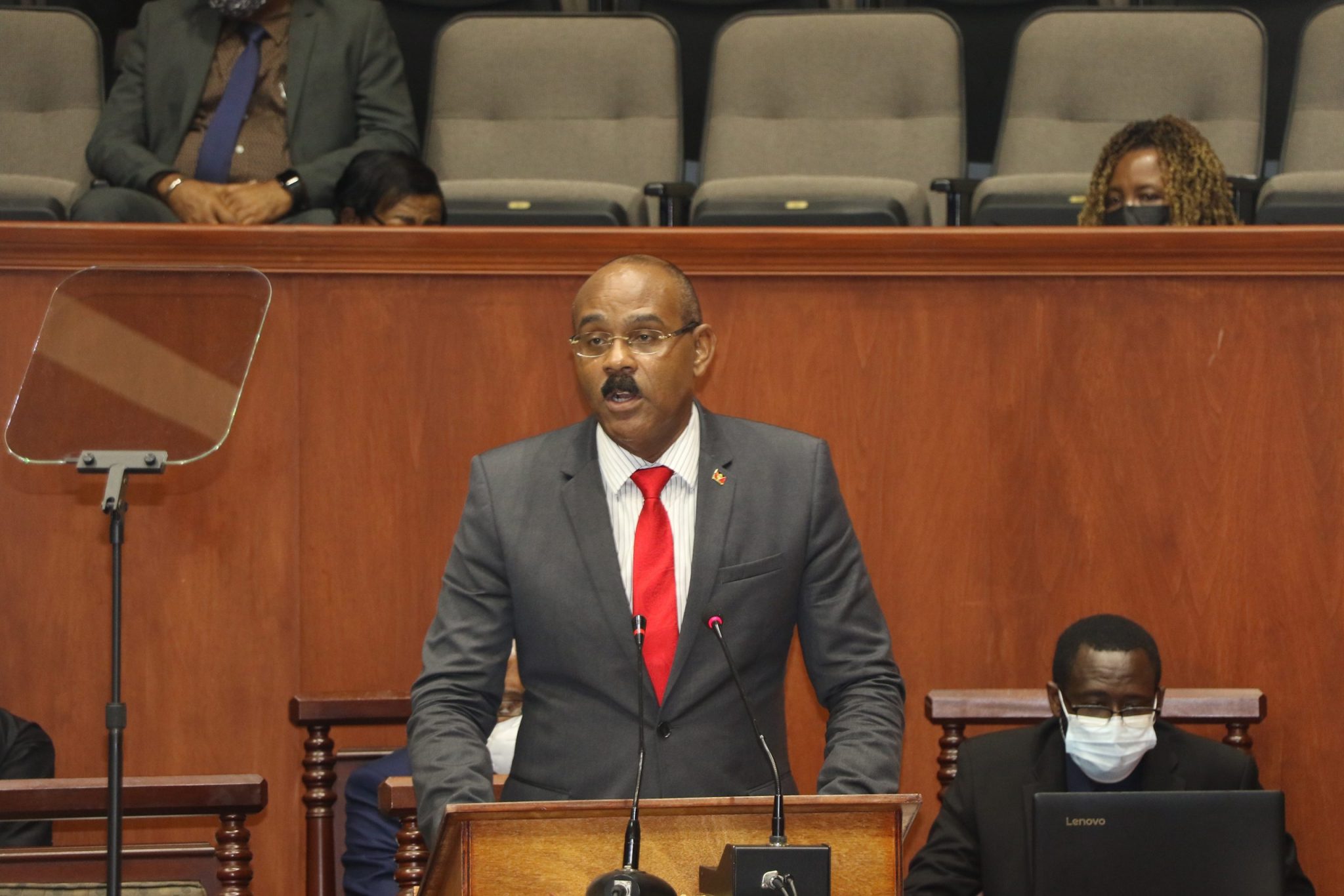A two-day training workshop for stakeholders whose roles impact the country’s march towards the attainment of the United Nations Sustainable Development Goals (SDGs) concludes at the Royalton Hotel today.
Those attending the workshop are drawn from key ministries and departments of government.
It was designed to help them better understand sustainable development and its importance, describe the role of data in SDGs decision-making and understand international spillovers as a consequence of local decisions.
At the end of the workshop, participants will be encouraged to apply the knowledge gained to advance the achievement of SDGs.

Permanent Secretary in the Ministry of Foreign Affairs, Ambassador Anthony Liverpool, said the workshop is a joint undertaking of the ministry, the United Nations Coordination Office based in Barbados and the local office in St. John’s, and the UN Economic Commission for Latin America and the Caribbean (ECLAC).
“This partnership is an indication of the importance of the United Nations, not only working in Antigua and Barbuda and the rest of the Caribbean but working internationally.
“It is an important institution that provides the kind of support through its various institutions and organisations that helps us as nations to deal with the challenges of poverty, equality, gender, equal rights and justice, as well as climate change, and the impact that this poses to us as citizens of this world,” he remarked.
Ambassador Liverpool said too often, the importance of the UN is underestimated.
He noted, however, that in Antigua and Barbuda the importance of the organisation is recognised through the work of various UN agencies.

In her remarks, the UN’s Country Coordination Officer, Andrea Andrew, said the UN SDGs were established in 2015 as a universal “call to action” to end poverty, protect the planet and ensure that in 2030 all people enjoy peace and prosperity.
“The seventeen SDGs are interrelated. They recognise that action in one area affects outcomes in others and that development must balance social, economic and environmental sustainability.
“Countries have committed to prioritise progress for those who are left behind. The SDGs are designed to end poverty, hunger, AIDS and discrimination against women and girls,” she explained.
A team from ECLAC is conducting the workshop which is examining topics such as mainstreaming SDGs in national budgeting processes, strengthening national ownership of SDGs in Antigua and Barbuda and the steps necessary to implement the SDGs Roadmap.
During a lively discussion on Thursday, participants discussed the timespan between a national assessment of poverty in the country and the bottlenecks and challenges to have one completed as soon as possible.
The lack of coordination between ministries and other agencies in the exchange of data was raised as an area of concern and discussed at length.

